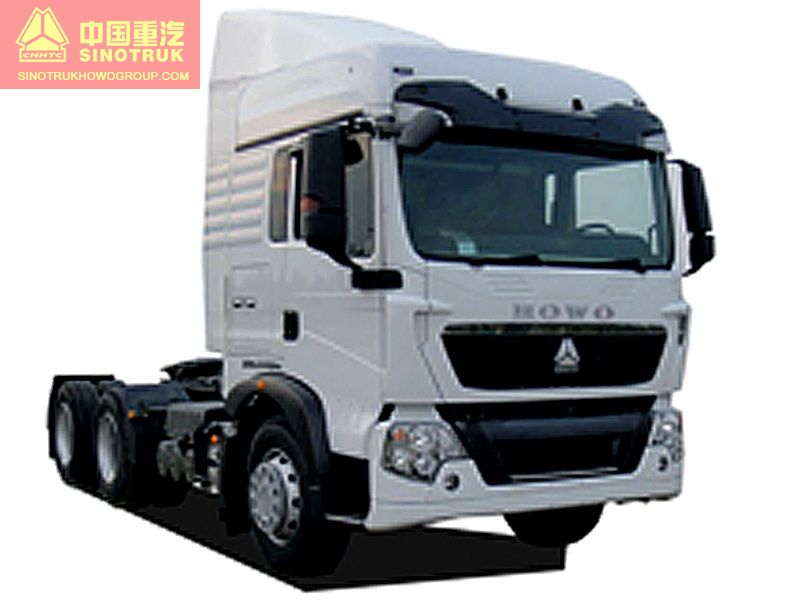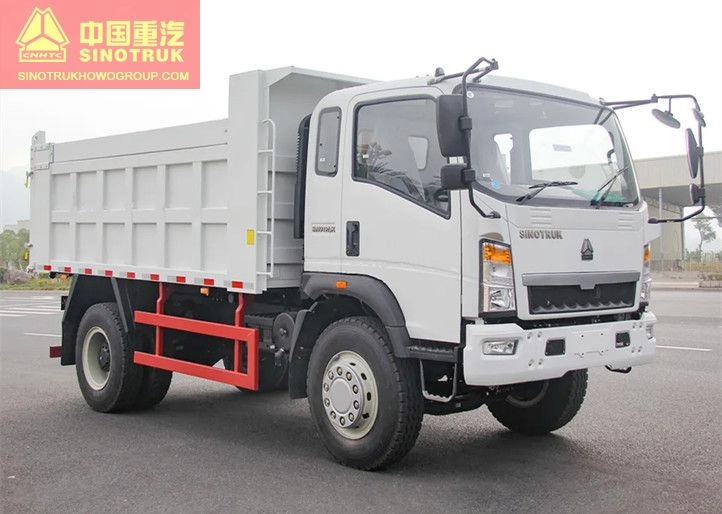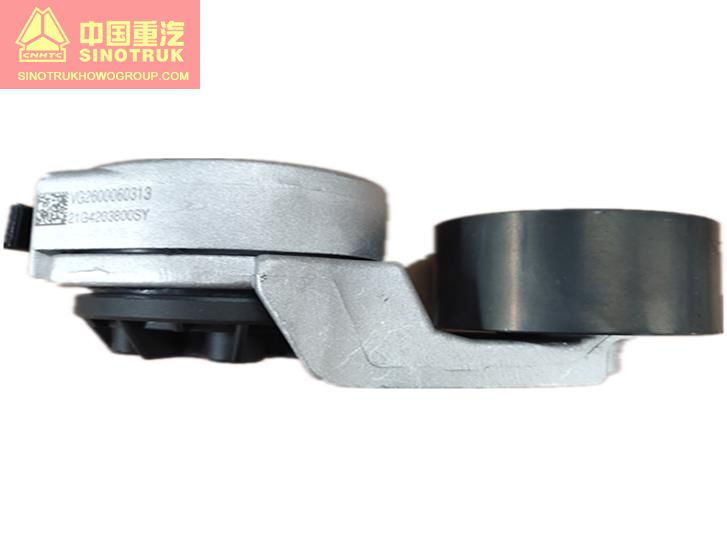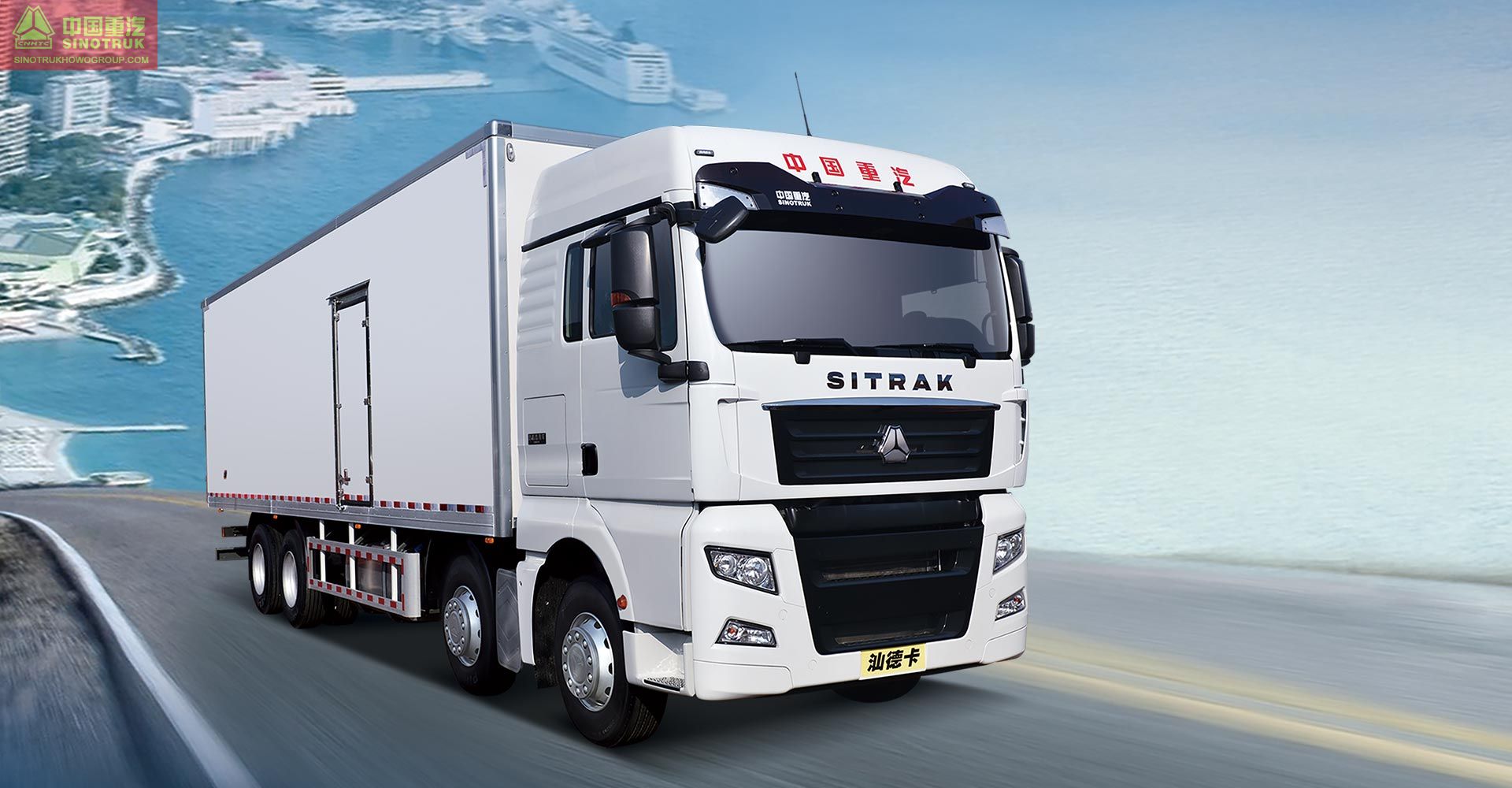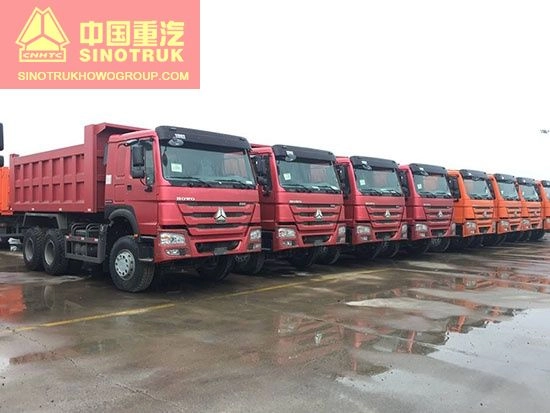trailer tank,trailer tank capacity
- Release time:05-07-2024
- Source:Sinotruk HOWO
Catalog overview:
Understanding the Importance of Trailer Tanks in the Logistics Industry
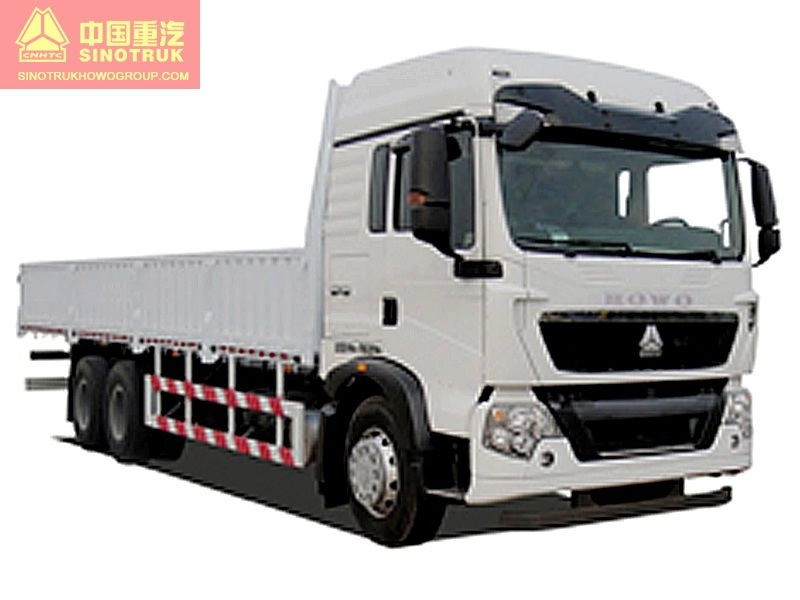
Trailer tanks, an integral part of the transportation sector, play a crucial role in efficiently and safely moving liquid cargo across long distances. These specialized trailers are specifically designed to carry a variety of liquids, from fuels and chemicals to food-grade substances, making them indispensable tools for businesses that rely on bulk liquid transportation.
Design and Functionality of Trailer Tanks
Built with durability and versatility in mind, trailer tanks come in various shapes and sizes to accommodate different liquid types and volume requirements. They feature advanced insulation, pressure control systems, and safety valves to ensure the integrity of the cargo during transit. For instance, tanker trailers transporting hazardous materials are often equipped with additional safety features like spill containment systems and pressure relief valves to prevent accidents.
The Impact of Trailer Tanks on Efficiency
The use of trailer tanks significantly boosts logistics efficiency by allowing for larger quantities of liquid to be transported in a single trip. This not only reduces the number of trips needed but also minimizes fuel consumption and carbon emissions. A case study by XYZ Logistics revealed a 30% decrease in transportation costs after integrating modern trailer tanks into their fleet.
Safety and Regulatory Compliance
Safety is paramount in the handling and transportation of liquids, especially hazardous substances. Trailer tanks are built to adhere to strict industry standards and regulations, such as those set by the Department of Transportation (DOT) and the Environmental Protection Agency (EPA). Regular inspections and maintenance ensure that these tanks remain in optimal condition, minimizing the risk of leaks or accidents.
Advancements and Innovations in Trailer Tank Technology
With technological advancements, trailer tanks are becoming more efficient and eco-friendly. Some modern designs incorporate lightweight materials to enhance fuel economy, while others feature smart sensors for real-time monitoring of cargo conditions. For example, temperature-sensitive liquids can now be transported with precision control, thanks to advanced temperature management systems.
The Future of Liquid Transport
trailer tanks are more than just a means of transportation; they are a testament to the evolution of logistics and the commitment to safety and sustainability. As technology continues to advance, we can expect further innovations in trailer tank design, making liquid transport even more efficient, secure, and environmentally friendly. Whether it's fuel for our vehicles, food for our tables, or vital chemicals for various industries, trailer tanks remain the backbone of the liquid logistics network, quietly shaping the world we live in.
trailer tank capacity
Understanding Truck Trailer Tank Capacities: A Comprehensive Guide
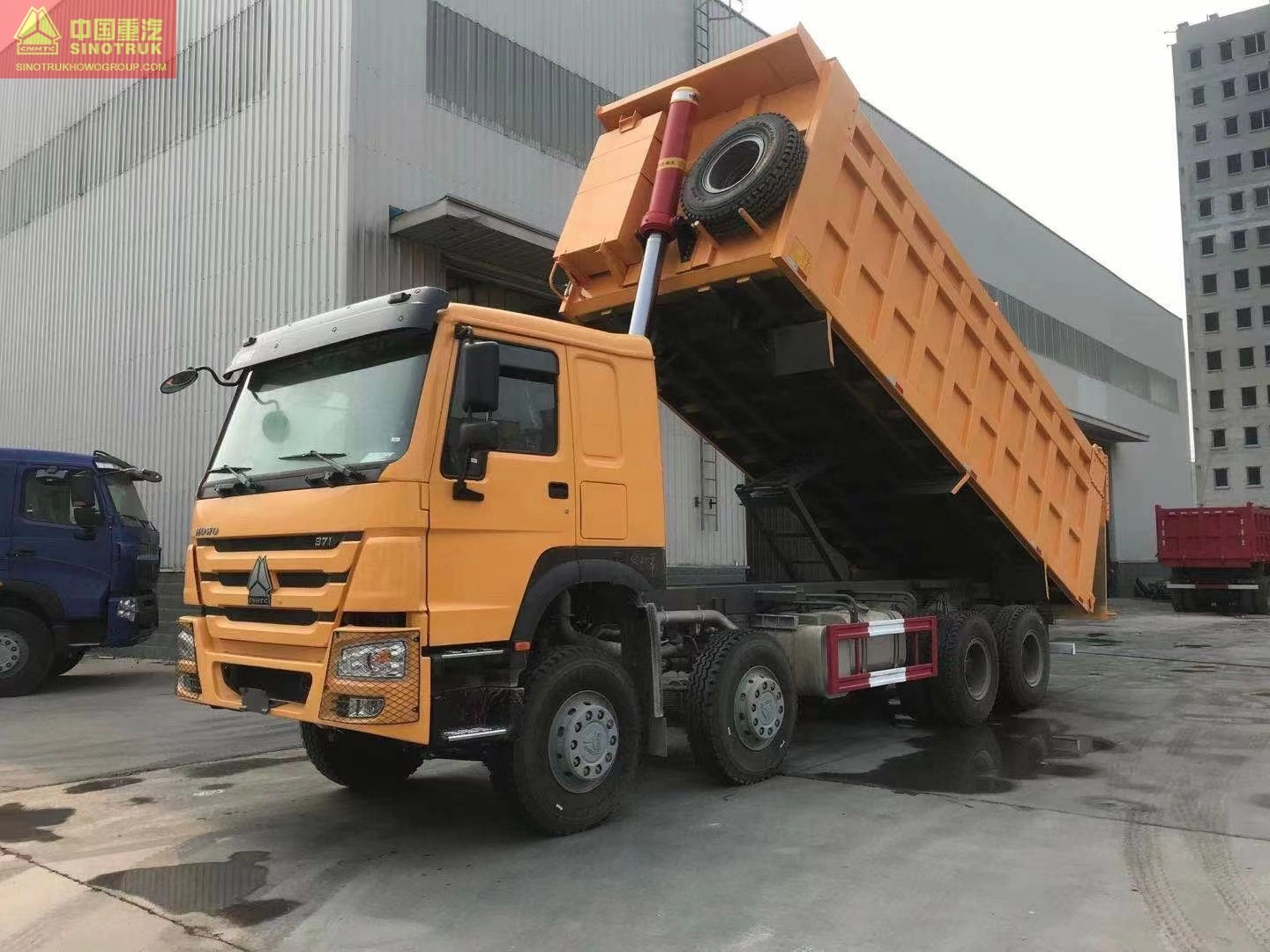
When it comes to transporting liquids, the capacity of a truck trailer tank is a crucial factor that determines efficiency, safety, and regulatory compliance. This article delves into the intricacies of trailer tank capacities, explaining their significance, how they're measured, and the factors that influence them. We'll also discuss real-world examples and offer practical solutions for optimal usage.
1. What Determines Trailer Tank Capacity?
Truck trailer tank capacity is primarily influenced by two factors: the tank's physical dimensions and the type of liquid being carried. The volume is calculated by multiplying the tank's length, width, and height. the density of the liquid, as well as any safety margins or baffles inside the tank, can reduce the actual usable volume.
For instance, diesel fuel has a lower density than water, allowing a tank designed for water to carry more diesel. Baffles, installed to prevent liquid surge during transit, occupy space and decrease the tank's total carrying capacity.
2. Measuring and Calculating Tank Capacities
Tank capacities are usually expressed in gallons or liters, depending on the region. In the US, the standard measurement is gallons, while in Europe, liters are more common. To calculate the capacity, the tank's inside dimensions are used, accounting for any obstructions like baffles or fittings.
For example, a rectangular tank with dimensions 10 feet in length, 5 feet in width, and 4 feet in height, filled to 80% of its volume to allow for safety, would have a capacity of approximately 1,600 gallons (5,320 liters).
3. Regulatory Compliance and Safety Considerations
Regulations set by organizations like the Department of Transportation (DOT) in the US or the European Union's ADR (Agreement on the International Carriage of Dangerous Goods by Road) dictate the maximum load and volume a tanker can carry. These rules ensure safe transportation and minimize environmental risks in case of accidents.
For instance, a tanker transporting hazardous materials might have stricter capacity limits due to the potential risks involved. It's essential for fleet operators to stay updated with these regulations to avoid penalties and ensure safety.
4. Real-World Applications and Case Studies
In the food industry, tanker trucks transport milk, juice, or edible oils, requiring specialized tanks with food-grade materials. Their capacities are designed to optimize efficiency while maintaining hygiene standards. A typical milk tanker, for example, might have a capacity of around 8,000 gallons, ensuring efficient collection and distribution from dairy farms.
In the oil and gas sector, large tanker trucks, known as "water wagons," can carry up to 4,000 gallons of water for drilling operations. Their capacity is designed to minimize refilling trips and increase productivity on site.
Optimizing Trailer Tank Capacities
Understanding and optimizing trailer tank capacities is vital for efficient logistics, safety, and regulatory compliance. By considering the tank's physical dimensions, the liquid's density, and relevant regulations, fleet managers can make informed decisions that enhance operational efficiency. Whether transporting milk, fuel, or water, the right capacity ensures a smooth, safe, and efficient supply chain journey. Always stay informed, plan accordingly, and remember, the key to success lies in the details.
trailer tank for sale
Understanding Trailer Tanks: The Ultimate Solution for Liquid Haulage

Trailer tanks, a vital component in the logistics and transportation industry, are specifically designed to carry liquids safely and efficiently. These versatile units are available for sale, providing businesses with a reliable means of transporting everything from fuel and water to chemicals and food-grade liquids. In this article, we delve into the world of trailer tanks, exploring their features, benefits, and how to choose the right one for your needs.
Key Features of Trailer Tanks
Trailer tanks come in various sizes and materials, tailored to accommodate different liquid types and volumes. Stainless steel, carbon steel, and aluminum are common materials, each with its own advantages. Stainless steel, for instance, is known for its corrosion resistance, making it ideal for transporting corrosive substances. Aluminum, on the other hand, offers lightweight durability, perfect for fuel transportation.
These tanks often feature advanced design elements, such as baffles for stability during transit, pressure relief valves for safety, and easy-to-clean interiors. Some models also incorporate heating or insulation systems to maintain the liquid's temperature, ensuring product integrity.
The Importance of Compliance and Certification
When investing in a trailer tank, it's crucial to ensure it meets industry standards and regulations. DOT (Department of Transportation) and TC (Transport Canada) certifications guarantee the tank's safety and compliance with transportation laws. For instance, the API 650 standard governs the design and manufacture of above-ground storage tanks, including those used in trailer tanks.
Factors to Consider When Choosing a Trailer Tank
Your choice of a trailer tank should align with your specific requirements. Consider the volume you need to transport, the type of liquid, and the terrain you'll be traveling on. Accessibility for loading and unloading, as well as maintenance, is also essential. Additionally, think about the tank's durability and the manufacturer's reputation for quality and after-sales support.
A real-life example is a small-scale farmer who needed a tank for transporting water to his fields. He chose a lightweight, corrosion-resistant aluminum tank with a capacity that met his daily needs, ensuring a cost-effective and efficient solution.
Trailer Tank Maintenance and Longevity
Proper maintenance is key to maximizing the lifespan of your trailer tank. Regular inspections for signs of wear, timely repairs, and adherence to cleaning schedules can prevent corrosion and ensure the tank remains in optimal condition. Remember, a well-maintained tank not only prolongs its life but also ensures safety during transportation.
The Versatility and Value of Trailer Tanks
trailer tanks are an indispensable tool for businesses dealing with liquid transport. From their robust construction to their compliance with safety standards, these tanks offer a secure and efficient means of moving liquids across diverse industries. By understanding your specific requirements and choosing the right tank, you can unlock the full potential of this versatile equipment. Whether you're a fuel distributor, farmer, or chemical transporter, a well-chosen trailer tank will be a valuable investment in your operations.

